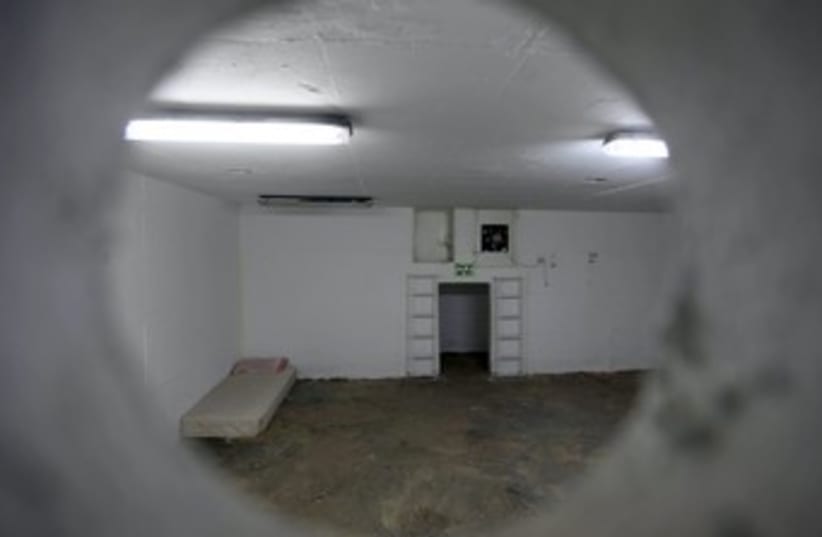"1. 'On the one hand, I oppose the missile attacks by Hamas on Israel. On the other hand…”'There is no 'other hand.' Opposition to rocket fire on innocent civilians in Israel must be unequivocal and absolute. No more excuses and rationalizations. Every single missile firing from Gaza is intended to kill and terrorize the innocent and is a war crime. Civilized people do not look for ways to justify these attacks, even by implication.
Check out his blog for the other four irksome statements.Abe Foxman provides a calm and analytical approach to the conflict in his blog, The threat beyond Hamas and Gaza, though even his writing has an underlying current of criticism towards the Western world. He writes,"…what was not discussed and recognized was how tolerating such assaults against civilians, and, in particular, doing nothing to intercept the flow of missiles and missile-making material into Gaza, was giving legitimacy to a development that is bound inevitably to come back to haunt the rest of the civilized world.
David Harris, on the other hand, expresses outright criticism of certain members of the international community, in his latest blog, Israel and Hamas: Moral clarity, moral fog, moral hypocrisy. Harris wastes no time in revealing the good, the bad, and the ugly. He asserts that during the conflict there were "three basic kinds of reactions" – moral clarity, moral fog, and moral hypocrisy.In his post, Harris provides examples of statements made by countries throughout the world from the "moral clarity" of Canadian Prime Minister Stephen Harper's remarks to the neutral voice of the Swedish foreign minister and ultimately to the "moral hypocrisy" of Russian UN Ambassador Vitaly Churkin and of course, who could ever forget, Turkish Prime Minister Recep Tayyip Erdogan and his branding of Israel as a "terrorist state." Read this excellent blog to discover who was with Israel, who was against, and who remained on the sidelines.Other bloggers who weighed in this week include, Yisrael Medad, who did little to conceal his disapproval of the cease-fire, or as he calls it, the "truce agreement," in his cleverly titled blog Shaky pillar, vision cloudy. He writes:"My conclusion is that Israel's government, with Benjamin Netanyahu at it head, is not the pillar of support the people of Israel deserve."
Ira Sharkansky provided an analytical yet skeptical approach to the conflict in a series of blogs this week including, Politics in the shadow of war, Who won?, and Where we are. He writes,"We regret the ignorance and suffering of the masses in Gaza and other Muslims, and we listen cynically to Americans and others who say that the problem is not Islam and that Arab spring signals the onset of democracy. Such claims may be the politically correct ways of avoiding a world war with Muslims. We may have to accept the blather as lip service, but not as accurate descriptions of reality. We should pity Westerners who actually believe them, just as we pity the Muslim masses convinced by their leaders that they will reach a paradise on earth without Jewish or Christian heretics.
Analytical or critical? You decide.Finally, the blog wrap wouldn't be complete without the following two blogs:The first, Reality in Ashkelon, is from guest blogger Ingrid Aria who shares her very personal thoughts and experiences during the conflict. Aria is hard pressed to control her shock and anger,"I don't know how to share with you my experience without revealing my disgust for other nations, without expressing my political beliefs, without feeling the dire need to say, 'Israel is finally acting on her irrevocable right to protect and defend her citizens.' If there wasn't such pressure from foreign governments, if there wasn't so much over-involvement from other heads of states. This is personal and this is political; it's local and it's global.
In contrast, I leave Yoni Cohen's blog, What a difference a day (without bombs or rockets) makes, last; because despite all the anger that so many of us feel, he writes of his personal experiences day by day in this uplifting blog that reveals what life was like in Tel Aviv and the very human thoughts that passed through many of our minds.The writer is The Jerusalem Post’s blogs editor.
